wwww.foodbodyfit.com by MaddieDid you know that 90% of the population is at risk for a choline deficiency? Low choline intake has been linked to chronic illnesses such as fatty liver, depression, and reduced cognitive performance. We need to start being mindful of our daily choline intake and make sure we’re getting our recommended amount!
National Health and Nutrition Examination Survey
Table of Contents
What is choline?
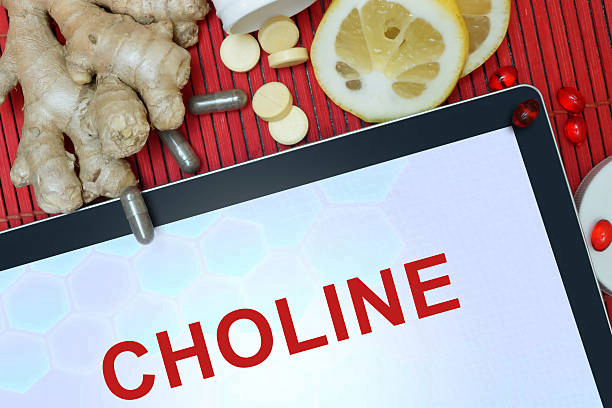
Choline is an essential nutrient
The incredible power of Choline has been recognized as a vital key to our health – its importance as an essential nutrient was officially declared by the Food and Nutrition Board of the National Academies of Medicine in 1998.
The name choline is derived from the Greek term for bile (ie, chole) because it was first isolated from ox bile in 1862. The nutritional importance of choline was discovered in the 1930s when scientists observed its deficiency causing severe fatty liver disease amongst dogs and rats. By reintroducing choline to these animals’ diets, their condition improved drastically.
The 1980s marked a pivotal moment in the research of choline, an essential nutrient for humans. Studies were conducted on both men and women utilizing parenteral or enteral nutrition who found liver damage was present when deprived from this element (1)

Choline is essential for humans throughout their entire life.
This essential nutrient is important during the first 1000 days post-conception, due to its support in brain function. Researchers have placed choline among six key nutrients deemed vital for brain development
Choline is not only essential for a healthy diet during childhood, but also in adulthood and old age.
Is choline deficiency common?
In a recent study, dietary deprivation of choline revealed concerning signs and symptoms in the majority population.
77% of men and 80% of postmenopausal women exhibited subclinical organ dysfunction such as fatty liver or muscle damage, whereas less than half (44%) of premenopausal women developed such signs (2) Ten percent of the subjects studied developed fatty liver, muscle damage, or both when they consumed the adequate intake (AI) of choline. The damage was reversed when they consumed a high-choline diet.
Studies have shown that choline has an impact on cell structure, neurotransmitter synthesis, atherosclerosis, and even neurological disorders. With its ability to support healthy cellular membranes, aid in cognitive function, and potentially prevent chronic diseases, choline is a vital nutrient that should not be overlooked.
Choline is an important nutrient essential for the proper functioning of liver, muscle, and brain development (3) It is a main constituent of cell and organelle membranes and plays a vital role in numerous physiological processes including signal transduction, DNA and histone methylation, and nerve myelination (4)
Choline can be obtained from the diet and from endogenous biosynthesis (liver). Betaine is one of the choline’s metabolites
Dietary choline is present in multiple different forms that are both water-soluble (e.g., free choline, phosphocholine, and glycerophosphocholine) and lipid-soluble (e.g., phosphatidylcholine and sphingomyelin)
Choline, found in various foods, is absorbed by the intestine and then recycled in the liver. Recent studies suggest that when the choline supply is low, the brain and liver receive more choline from other organs such as the kidney, lung, and intestine. This highlights the importance of choline intake for optimal organ functioning (5)
Choline appears to be an under-consumed and overlooked nutrient not only in Americans and Australian populations but also in Europeans.
What depletes choline?
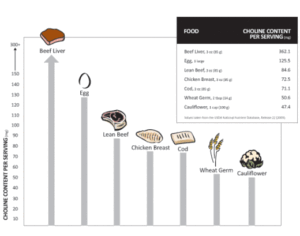
In addition to the numerous variables that impact choline utilization, including specific genetic factors, the interconnection between choline and health becomes a more intricate matter.
According to Roeran (2022) due to choline being primarily present in animal-derived foods, vegetarians and vegans might face a risk of choline inadequacy. To ensure adequate intake of this vital nutrient, it’s imperative to maintain a well-balanced diet rich in choline-abundant plant-based foods, such as cruciferous vegetables, whole grains, beans, and nuts.
A personalized choline diet, tailored to the individual’s needs, is especially crucial for pregnant women and their babies. Proper nutrition during pregnancy is paramount for good health and development.
Folate deficiency altered choline status in humans.
What are the choline deficiency symptoms?
- A sign of organ dysfunction that occurs when humans are deprived of choline is the development of a fatty liver. Also, choline deficiency is associated with liver cell death (2), and muscle cell damage, which is measured by greatly elevated creatine phosphokinase activity in serum (5). Another sign of organ dysfunction that develops in humans who are fed a low-choline diet is an exaggerated increase in plasma total homocysteine. Studies reported, liver, and muscle damage in only 3 weeks of dietary choline restriction
- Choline deficiency can cause serious medical conditions such as premature birth, and cystic fibrosis.
- Certain epidemiological studies have established a link between inadequate dietary choline intake and higher concentration of pro-inflammatory markers. Moreover, it increases the risk of breast cancer. Also, if pregnant, it might lead to increased neural tube defects and NTD risk for the baby (6). A folate-fortified population noted that lower serum total choline concentrations were associated with elevated NTD risks. In short, choline intake is crucial for maintaining optimal health.
Most adult men and postmenopausal women display symptoms of organ damage like fatty liver and muscle damage and struggle to convert homocysteine to methionine when deprived of dietary choline. The risk for organ dysfunction is higher for men and postmenopausal women, especially when consuming choline-deficient diets, compared to premenopausal women.



Low maternal choline intake can actually change DNA methylation in the placenta and cord blood, leading to an increased risk of neural tube defects, cleft palates, hypospadias, and cardiac defects. It’s vital to eat well during pregnancy to give your baby the best start in life
The placenta’s optimal development and function are critical for maternal and fetal health. Any impairment can lead to negative outcomes, such as maternal preeclampsia or poor fetal growth.
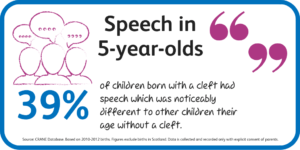
Pregnancy and lactation

Pregnant women have increased choline requirements for their baby’s overall health, placental function, critical brain growth, and fetal development. Breast milk is a rich source of choline for infants during a critical period of growth and development, an essential nutrient for infant nutrition. Moreover, lactation increases the demand for choline, leading to a decline in maternal tissue stores (7-8)
Insufficient choline nutritional intake during pregnancy can increase the risk of several adverse pregnancy outcomes, including preeclampsia, prematurity, and very low birth weight. Furthermore, elevated maternal homocysteine concentrations are thought to have a significant role as a marker of pregnancy complications, increased incidence of birth defects, and other adverse pregnancy outcomes.
Choline intake during pregnancy is crucial as it affects fetal brain development and helps maintain normal plasma homocysteine concentrations. Therefore, it is recommended to ensure adequate choline intake during pregnancy(9)
The Fetus lives in a high choline environment
Sufficient intake of choline is crucial for healthy neural tube closure during early pregnancy. Pregnant women with low choline dietary levels have been found to carry a four-fold increased risk of bearing offspring with neural tube defects in comparison to their counterparts with higher choline intake(9)
During the later stages of pregnancy, choline and folate play a crucial role in the development of the hippocampus, the memory center of the brain.
Heart Health
When there is inadequate storage of choline, the capacity to methylate homocysteine to methionine is reduced, leading to elevated plasma levels of homocysteine.
This elevation in homocysteine has been linked to an increased risk of several chronic diseases and conditions, including cardiovascular disease, cancer, cognitive decline, and bone fractures.
Consumption of choline and betaine has been associated with lower homocysteine levels, irrespective of whether the intake of each nutrient is considered independently or in combination and whether the source is from food or supplements (11)
Elevated plasma homocysteine concentrations and increased risk of stroke and other several chronic diseases can be a result of vitamin B12, choline, or/and folic acid deficiency (12)
Dietary intakes of choline and betaine and cardiovascular diseases
Choline provides protective effects against cardiovascular risks, such as arrhythmias, cardiac hypertrophy, and ischemia, and can play a critical role in maintaining heart health. Studies have shown that choline can slow the progression of hypertension and improve cardiac function in spontaneously hypertensive rats, making it a promising avenue for further research into cardioprotection.
Fatty liver diseases
Nonalcoholic fatty liver disease (NAFLD) is the most prevalent chronic liver disorder, with a prevalence rate of up to 65% in individuals who are overweight and 90% in those who are obese. Although generally considered benign, the disease can lead to severe complications such as steatohepatitis, fibrosis, cirrhosis, liver failure, and liver cancer. Choline, especially phosphatidylcholine, is crucial for transporting lipids from the liver.
Hence, choline deficiency results in fat accumulating in the liver, which contributes to the development of nonalcoholic fatty liver disease. Although most women of childbearing age are resistant to NAFLD due to high estrogen levels, at least 40% have a polymorphism that reduces sensitivity to the activation of the gene by estrogen. Therefore, adequate consumption of dietary choline is particularly important for this population.
The results from the ATTICA study suggest that individuals who consume choline and betaine-rich diets exhibit lower levels of several inflammation indicators such as C-reactive protein (CRP), homocysteine, interleukin-6, and tumor necrosis factor Elevated levels of CRP (C-reactive protein) have been recognized by the National Heart, Lung, and Blood Institute as an effective marker for identifying cardiovascular disease
When healthy men and women with normal folate and vitamin B12 status were fed a choline-deficient diet, they developed fatty liver disease. This condition is characterized by elevated liver enzymes in the blood and muscle damage, as indicated by increased circulating creatine phosphokinase concentrations. However, when choline is restored to the diet, these symptoms resolve (14)
Breast cancer
High dietary intakes of choline have recently been associated with a decreased risk for breast cancer (15)
Improving memory, cognition, and choline diet
New research indicates that choline supplementation during neonatal development can provide long-term benefits for memory. Animal studies reveal that higher in-utero choline exposure also enhances memory (3, 15).

Infant and Child Neurocognitive Development and Choline Deficiency
In a compelling follow-up to Caudill et al.’s 2017 cohort study, Strupp and colleagues measured the cognitive functioning of the study of 24 children at 7 years of age.
The results were astonishing, showing that higher maternal choline intake significantly benefitted children’s attention, memory, and problem-solving. This is the first-ever randomized controlled trial evidence that points towards the long-lasting benefits of maternal choline intake throughout school years(15- 16)
Post-birth, human hippocampus development continues, achieving an adult-like structure by the age of four, as per scientific observations.
How much choline is needed to reverse fatty liver?
The European Food Safety Authority (EFSA) established an Adequate Intake (AI) of 400 mg/day for all healthy adults in 2016. For pregnant and lactating women, the AIs are 480 mg/day and 520 mg/day, respectively.
The US Institute of Medicine (IOM) has a slightly different choline AI set for nonpregnant, pregnant, and lactating women: 425 mg/day, 450 mg/day, and 550 mg/day, respectively.
The recommended AI for pregnant women is 450 mg/day; 550 mg/day for lactating women
Choline supplementation
Vegetarians have the lowest intakes among the US population, estimated at 192T7mg/d.
Nutrients are the building blocks of life, and during a baby’s formative first months, they play an especially vital role in brain development. Therefore, The American Academy of Pediatrics (AAP) (1985) and the US Food and Drug Administration advise providing infant formulas containing at least 7 mg of choline per 100 kcal as well as other essential nutrients such as Protein; Zinc; Iron; Folate; Iodine; Vitamins A , D , B6 & B12 and Long-chain polyunsaturated fatty acids to ensure optimal neurodevelopment (19)
Failure to provide these key nutrients during this important period of brain development may lead to enduring declines in cognitive capacity irrespective of later replenishment efforts (17-18)
What is the best form of choline to take?

Choline Foods
Animal-derived products typically contain higher amounts of choline than certain plant foods do. Choline-rich foods include
Food
Beef liver, pan-fried, 3 ounces
chicken liver 3 oz
salmon 3 oz;
eggs (1 large egg with yolk)
shitake mushrooms (1/2 cup)
chicken broilers or fryers 3 oz;
beef grass-fed strip steak (3 oz)
wheat germ (1 oz toasted)
milk (8 oz)
Brussels sprouts (1/2 cup
almonds (1 oz)
Milligrams (mg) per serving
| 356 |
187 mg
147 mg
58 mg
56 mg
55 mg
51 mg
38 mg
32 mg
15 mg
Certain plant foods like cruciferous vegetables and certain beans are good sources of choline and contribute approximately 10% of the daily requirement (23)
Foods rich in the related compound, betaine, include wheat bran, wheat germ, quinoa, beets, spinach, and spaghetti.
Are eggs high in choline? How much choline is in an egg?

Eggs are a more concentrated source of choline and provide more choline per kilocalorie compared to most other foods, including milk.
To get the same amount of choline found in a single egg (125 mg/72 calories; most of the choline is in the egg yolk – 680 mg/100 g), one would need to consume 3¼ cups of nonfat milk (270 calories) or 3½ ounces of wheat germ (366 calories). In addition, adding an egg to the diet each day would increase the number of pregnant women meeting the AI from 10% to more than 50% and for older men and women from 5% to 20%
One large egg contains 212 milligrams of cholesterol and 125 milligrams of choline
Since cooking eggs at high temperatures destroys the choline content, it’s best to cook the egg so the yolk is runny to preserve lecithin content. For people without egg allergies, properly cooked eggs is one of the best sources of lecithin.
Choline concentration Infant Formulas
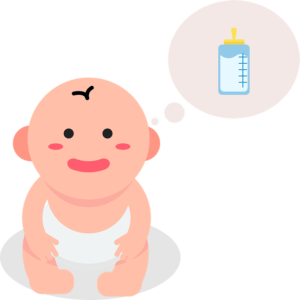
When breastfeeding is not possible, infant formulas are often used, and the nutrient content in mature human milk may be used as a guideline to develop the nutrient composition of human milk substitutes and enteral formulas for infants
Human milk substitutes and enteral formulas for infants are often used when breastfeeding is not possible. The nutrient content of human milk is a helpful guide for developing the nutrient composition of these formulas. To ensure optimal nutrition, it’s important to consider using such substitutes and formulas.
Choline is an essential nutrient for infant formulas. Current guidelines recommend at least 7 mg per 100 kcal and no more than 30 to 50 mg per 100 kcal intake. This amounts to 37 to 265 mg intake per day, based on the energy content of 68 kcal per 100 mL and volume consumption of 0.78 L per day.
The actual forms of choline can differ between brands and formulations. Additionally, human milk samples may also contain varying amounts of choline (20) In many commercially available infant formulas, choline is added as choline chloride. Some formulas may also include a small amount of choline from soy lecithin
Compared to human milk and bovine milk-based formulas, infant formulas derived from soy tend to have lower total choline concentrations.
The content of choline and GPC in common foods is reported in Table 1.

How much is too much choline?
The IOM (Institute of Medicine) set the UL (Upper Intake Levels) for choline at 3.5 g/day for adults based on the prevention of hypotension
Choline Toxicity
Studies in both animals and humans have clearly shown choline to be a beneficial nutrient with low toxicity. With no adverse effects seen from taking too much, it’s safe for people of all ages and lifestyles to get the recommended amount through their diet or supplements as part of an overall nutritious lifestyle
However, high intakes of choline are associated with a fishy body odor, vomiting, excessive sweating and salivation, hypotension, and liver toxicity (21)
Interactions with Medications
Choline is not known to have any clinically relevant interactions with medications.
Choline is ranked last among common nutrients as a nutrient to recommend for a healthy diet, and only about 10% of health professionals indicate moderate familiarity with choline.
Does choline intake differ by race and ethnicity?
Conclusion
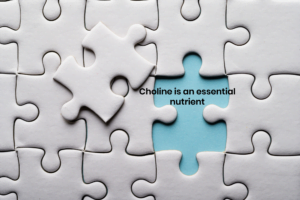
Choline is an essential nutrient that has many important functions in the body. It plays a major role in neurocognitive development both during gestation and lactation. Current research suggests that failing to achieve the adequate intake (AI) of choline is likely detrimental to health, especially regarding liver and muscle function in healthy adults, as well as cognitive function in the developing fetus and infant.
Therefore, parents must be informed of the importance of consuming enough choline to ensure their children’s optimal physical and mental health. Health practitioners who are knowledgeable regarding choline as an essential nutrient can provide vital advice on which food sources contain the highest levels of choline, as people who are vegan or vegetarian need to be extra careful about ensuring they get adequate intakes. With these inside tips on dietary behavior, individuals will have all they need to enjoy the positive benefits that come from consuming this essential nutrient.
Furthermore, It is well known that a large portion of the population has suboptimal choline intake levels which fall below the dietary recommendation.
As a nutritionist, I’m concerned that most people aren’t getting enough choline in their diet. It’s essential for optimal health, so promoting awareness of choline intake needs to be a public health priority. Improving awareness of this and educating people on the best food sources of choline can help achieve this goal.
1) Buchman AL, Ament ME, Sohel M, et al. Choline deficiency causes reversible hepatic abnormalities in patients receiving parenteral nutrition: proof of a human choline requirement: a placebo-controlled trial. JPEN J Parenter Enteral Nutr. 2001; 25(5):260Y268
2 Fischer L, da Costa K, Kwock L, et al. Sex and menopausal status influence human dietary requirements for the nutrient choline. Am J Clin Nutr. 2007;85:1275–1285
3 Bernhard W, Poets CF, Franz AR. Choline and choline-related nutrients in regular and preterm infant growth. Eur J Nutr(2019) 58:931–45. doi:10.1007/s00394-018-1834-7
4 Rees G, Brough L, Orsatti GM, Lodge A, Walker S. Do micronutrient and omega-3 fatty acid supplements affect human maternal immunity during pregnancy? a scoping review. Nutrients(2022) 14:367. doi:10.3390/nu14020367
5 Li Z, Vance D. Phosphatidylcholine and choline homeostasis. J Lipid Res. 2008;49:1187–1194.
6. Detopoulou P, Panaglotakos B, Antonopoulou S, Pittsavos C, Stefanadis C. Dietary choline and betaine intakes in relation to concentrations of inflammatory markers in healthy adults: the ATTICA study. Am J Clin Nutr. 2008;87:424–430
7. Holmes-McNary M, Cheng WL, Mar. MH, Fussell S,Zeisel SH. Choline and choline esters in human and rat milk and infant formulas. Am J Clin Nutr. 1996; 64:572–576
8. Zeisel SH. Choline: critical role during fetal development and dietary requirements in adults. Annu Rev Nutr 2006;26:229–50
9 McCann JC, Hudes M, Ames BN. An overview of evidence for a causal relationship between dietary availability of choline during development and cognitive function in offspring. Neurosci Biobehav Rev. 2006;30(5):696–712
11. Liu L, Lu Y, Bi X, Xu M, Yu X, Xue R, et al. Choline ameliorates cardiovascular damage by improving vagal activity and inhibiting the inflammatory response in spontaneously hypertensive rats.Sci Rep(2017) 7:42553. doi:10.1038/srep42553
12 Jacques P, Bostom A, Wilson P, Rich S, Rosenberg I, Selhub J. Determinants of plasma total homocysteine concentration in the Framingham Offspring cohort. Am J Clin Nutr. 2001;73:613–621
13 Detopoulou, P.; Panaglotakos, B. ; Antonopoulou, S. Pittsavos, C. and Stefanadis, C. (2008) Dietary choline and betaine intakes in relation to concentrations of inflammatory markers in healthy adults: the ATTICA study.Am J Clin Nutr 87:424-430
14 da Costa KA, Badea M, Fischer LM, Zeisel SH. Elevated serum creatine phosphokinase in choline-deficient humans: mechanistic studies in C2C12 mouse myoblasts.Am J Clin Nutr. 2004;80:163Y170.
15 Zeisel SH, da Costa KA. Choline: an essential nutrient for public health. Nutr Rev.
009;67:615Y623.
16. Nevins JEH, Beckman KA, Bahnfleth CL, Drewes BM, Caudill MA, Strupp BJ, Canfield RL. Maternal choline supplementation during pregnancy improves executive functioning in children at age 7 y. Presented at: American Society for Nutrition Annual Meeting; Boston, MA; June 9Y12, 2018.
17 Schwarzenberg SJ, Georgieff MK, Committee on Nutrition. Advocacy for improving nutrition in the first 1000 days to support childhood development and adult health. Pediatrics. 2018;141(2):e20173716.
18 National Academies of Medicine, Food and Nutrition Board. Dietary Reference Intakes: Thiamin, Riboflavin, Niacin, Vitamin B6, Folate, Vitamin B12, Pantothenic Acid, Biotin, and Choline. Washington, DC: National Academies Press; 1998.
19 Institute of Medicine . Dietary Reference Intakes for Thiamin, Riboflavin, Niacin, Vitamin B6, Folate, Vitamin B12, Pantothenic Acid, Biotin, and Choline. The National Academy Press; Washington, DC, USA: 1998.
20 Fu, S.; Tao, B.; Lai, S.; Zhang, J.; Ren, Y.P. Determination of total choline by liquid chromatography-electrospray ionization-tandem mass spectrometry in infant formulas. AOAC Int. 2012, 95, 157–162.
21 Holmes-McNary M, Cheng W, Mar M, Fussel S, Zeisel S. Choline and choline esters in human and rat milk and in infant formulas. Am J Clin Nutr. 1996;64:572–576
13 Wallace TC. Choline in foods, functional foods and dietary supplements. Presented at: Institute of Food Technologists Annual Meeting; July 12, 2015.

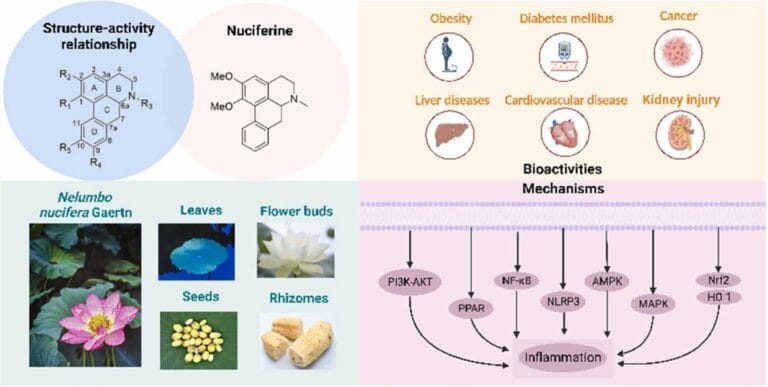
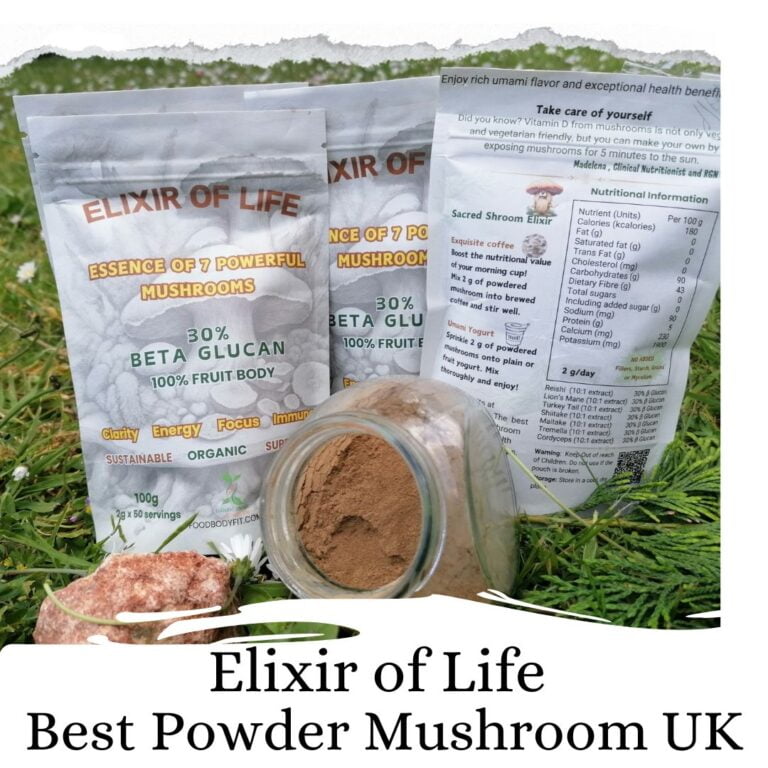
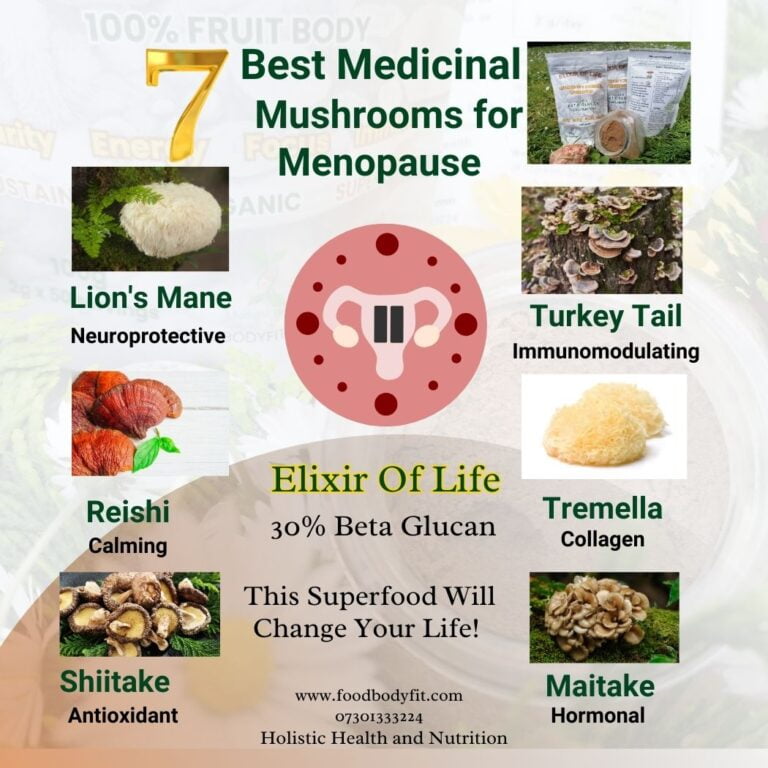
[…] Is Choline the missing link for better Human Health? […]